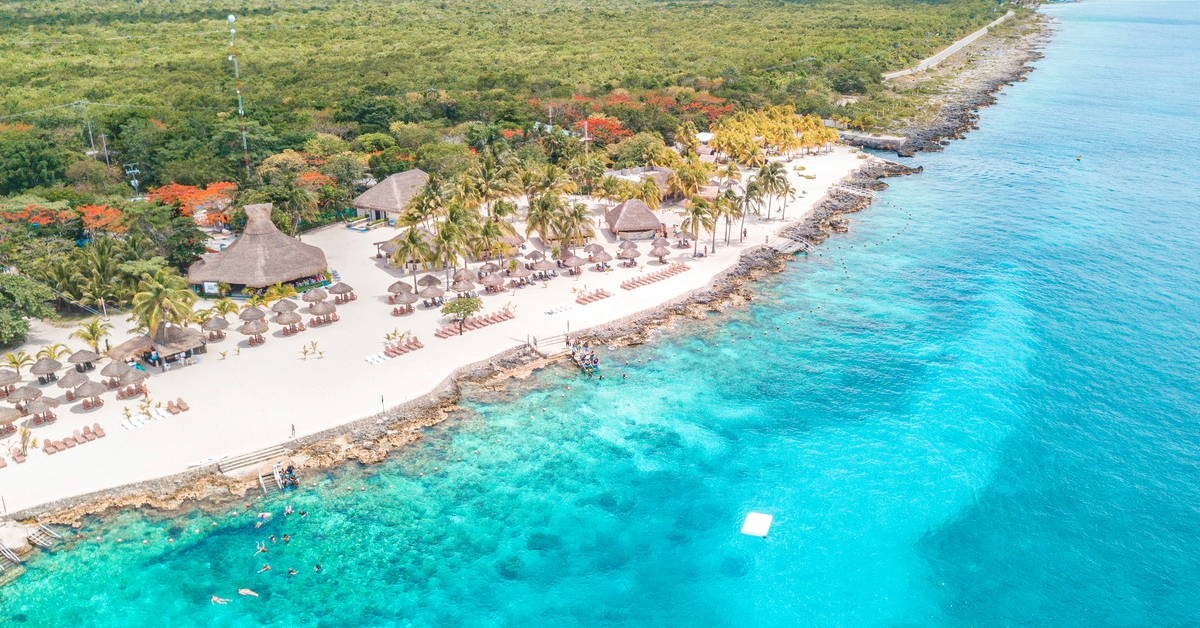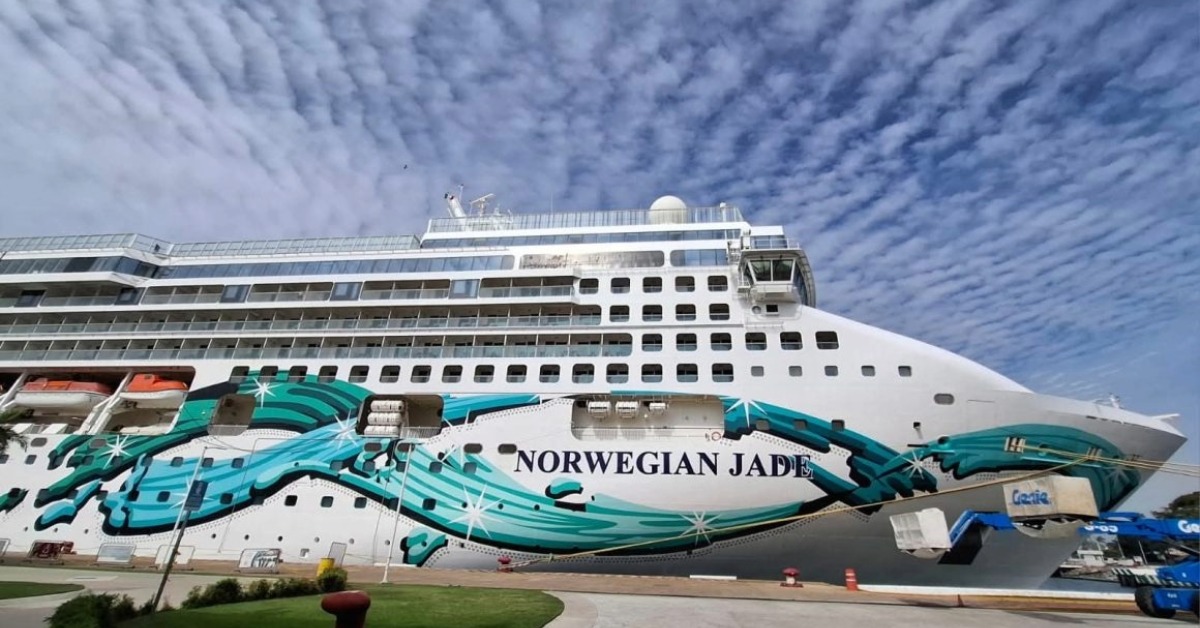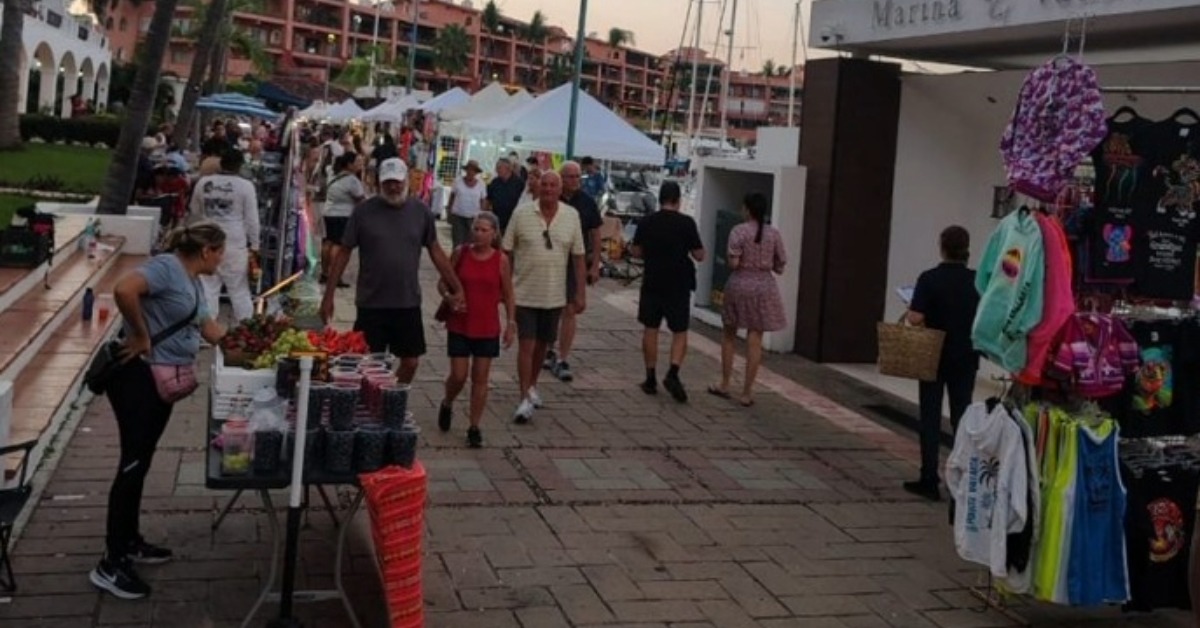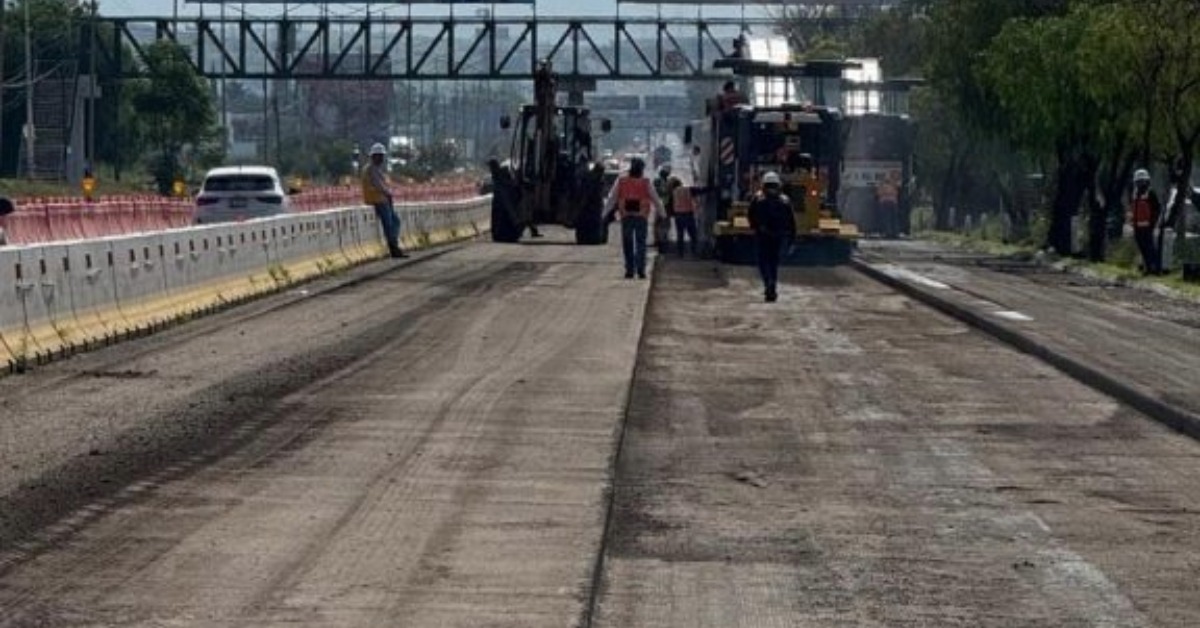Cozumel’s fourth cruise ship dock project faces collapse as political support fades and environmental groups challenge its permits and ecological impact.
Cozumel’s controversial fourth cruise ship dock project is now considered “practically dead,” according to leading environmentalists, as shifting political tides and growing ecological concerns have put the initiative on indefinite hold. Once touted as a key piece of Mexico’s post-pandemic economic recovery strategy, the project now finds itself under federal scrutiny and without the broad support it previously enjoyed.
Adrián Villegas, oceanologist and prominent member . . .






